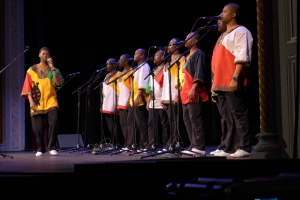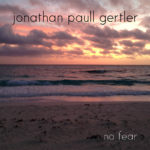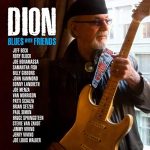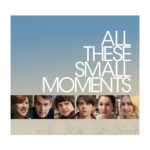Nine young South Africans, four of them sons or grandsons of the group’s originator, Joseph Shabalala, continue true to the musical tradition he started in 1964. I first heard this group in a Lifesaver commercial on TV and spent several weeks tracking them down. Paul Simon had less trouble, I suspect, and brought them to national attention when he used their backing vocals on “Diamonds on the Soles of Her Shoes,” and at his monumental 1991 free concert in Central Park.
African music, complete with glottal stops, ululating, bird calls, whistles and tongue clicks, is at once simple and complex. Call-and-response and repetitive choruses seem straightforward, as do harmonies largely in major thirds. Interweaving those harmonies and shifting the rhythm creates an extraordinary flow, however, a polyphonic texture that draws the listener in and demands attention. I didn’t take a poll, but I’m betting that few in Ladysmith’s audience spoke Zulu, but the music alone kept us rapt.
If you’ve ever wondered where the Temptations and Zumba classes get their moves, look no further. The chorus line is in constant motion, jumping and high-kicking more-or-less in unison, but the choreography clearly leaves much up to the individual: the Rockettes they are not. Thank God.
Alternating leaders regularly throughout the show, the ad hoc leader for each song explains what it is about. Western music tends to deal with sex and success, but South African music details the human condition. For example, we were told a man bartered cows for a wife, but she left him, and now he wants his cows back: the husband is looking for a refund on his wife. Celebrating 20 years of South African democracy, “The Long Walk to Freedom,” was a tribute to Nelson Mandela, half in English, half what I assume is Zulu.
Peace, freedom and understanding prevail at Ladysmith Black Mambazo concerts. One song, with the repetitive line in English, “different colors mean nothing to me, different names mean nothing to me, different language means nothing to me” exemplifies why Ladysmith’s performance drew a large contingent of Quaker families. The tone remained joyous and infused with laughter, never preachy or bitter. Uplifting, entertaining and a welcome respite from the angry cacophony of some of our own popular music, Ladysmith Black Mambazo is a welcome relief, and a glimpse toward the origins of the field hollers which birthed American music.
– Suzanne Cadgène








Be the first to comment!